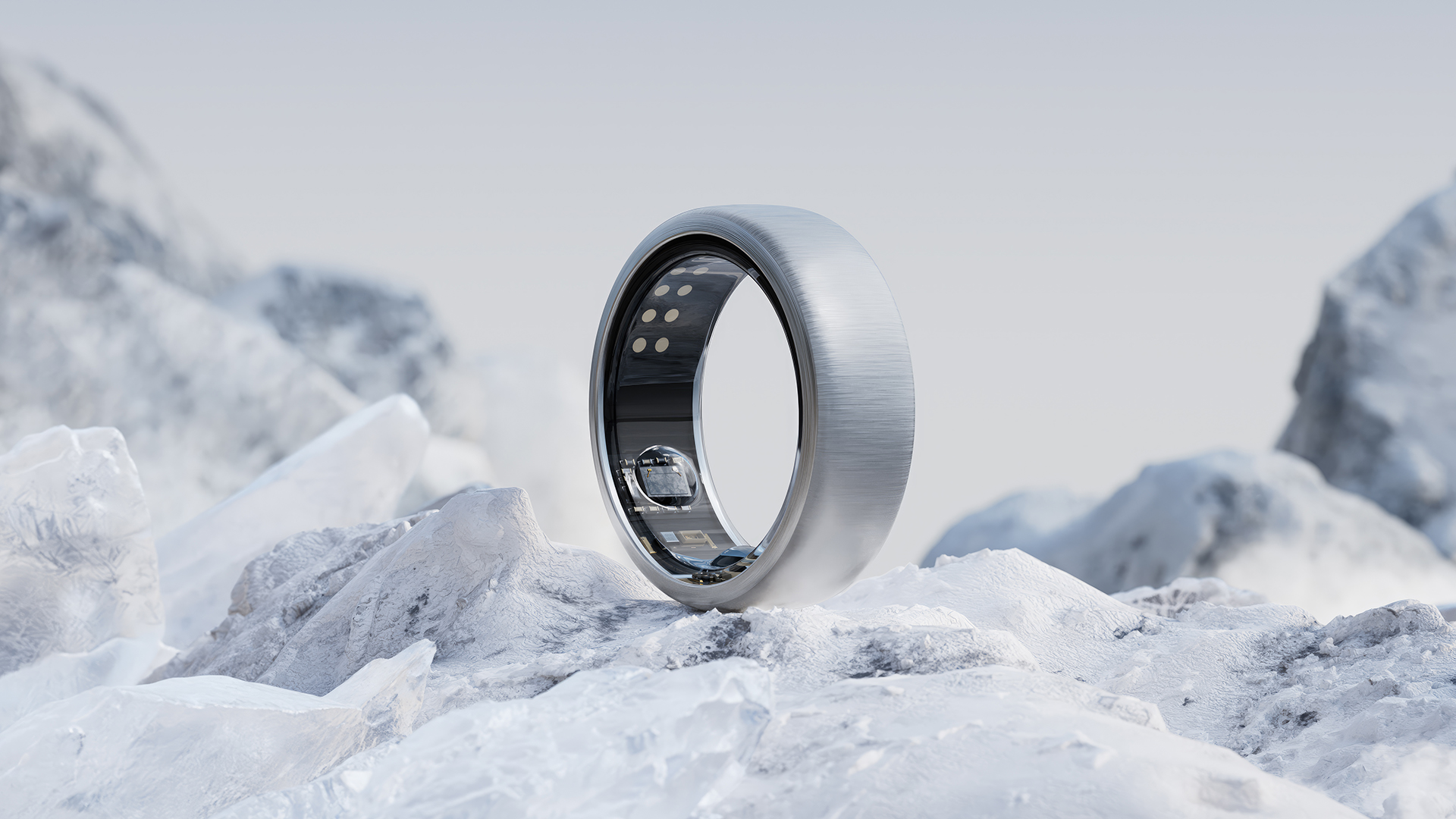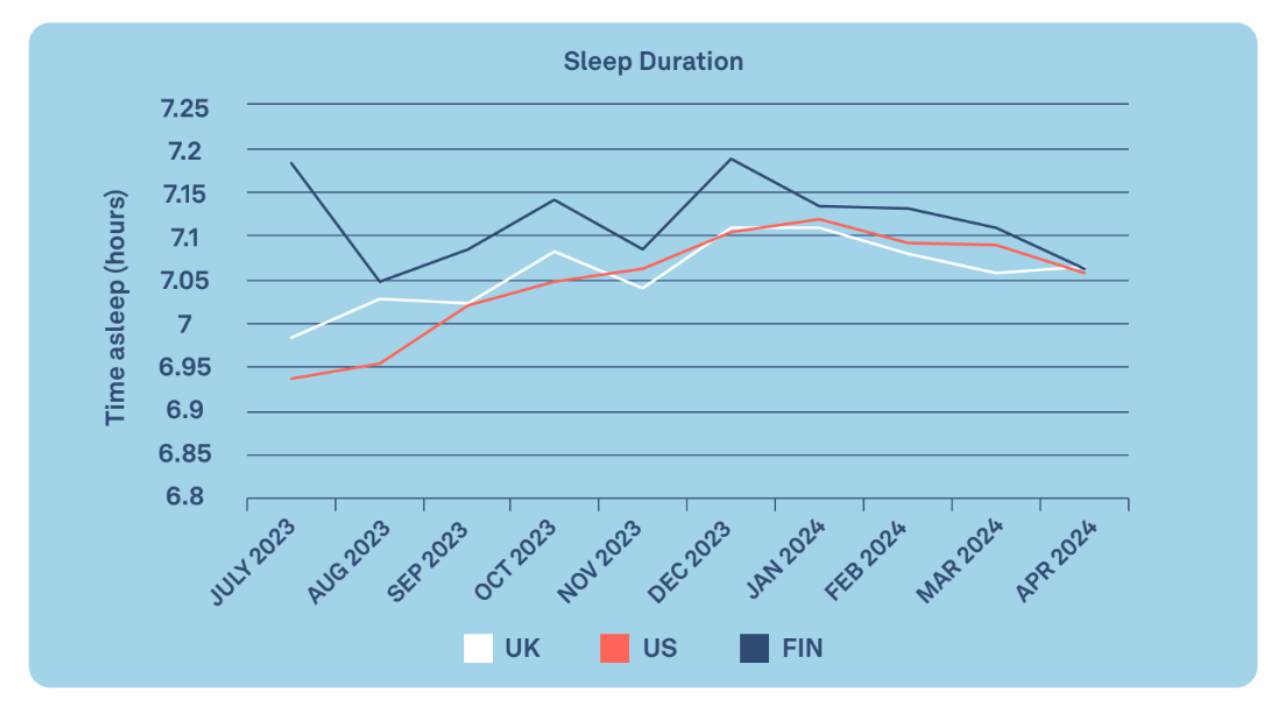
Sleep is vital for our physical, emotional and mental wellbeing, although it’s incredibly easy to take for granted. Unfortunately, sleep is the main area that seems to get neglected when daily life gets busy and stressful, as our brains are wired to ignore signs of sleep deprivation.
To find out more about how important sleep is to our health, health technology and best smart ring brand Oura recently conducted a study focusing on the UK’s sleep habits. By measuring the sleep habits of 45,000 UK-based Oura users between July 2023 and April 2024, Oura experts found that Brits have surprisingly good sleep habits, although there’s one area that needs to be improved upon.
To find out more, I spoke to Oura experts to understand the insights from their latest sleep study, and for tips on how to get the best night’s sleep for the body and brain.
P.S. One way to improve your sleep is by upgrading your sleep set-up, so check out our guide to the best mattress for our top picks.
UK sleep habits: what the statistics say and how we can improve
As mentioned above, Oura studied the sleep habits of its Oura Ring users (see our Oura Ring Gen 3 review) to calculate the average duration of sleep compared to other countries and within different regions of the UK.
The results found that people in the UK get an average of 7 hours and 4 minutes of sleep a night. The recommended amount of sleep per night is between 7-9 hours, so while we’re slightly over the 7 hour mark, Oura has found that as a nation, we could all be getting some extra shut eye.
Compared to other countries, the UK gets a similar amount of sleep as the USA, but we’re massively lagging behind Finland. Finland has been given the title of ‘world’s best sleepers’, and gets a whole extra day of sleep each year compared to the UK. Oura experts also looked into how sleep habits differ in different regions in the UK, and Londoners were found to be the worst sleepers compared to the rest of the country.

While sleep duration is important, Oura’s study looked further into the different stages of sleep, like deep sleep. Known as restorative or ‘slow wave’ sleep, deep sleep is the stage where the body repairs the muscles, bones and tissues, while supporting the immune system, cognitive function and memory. According to the data, Brits get an hour and thirteen minutes of deep sleep a night. It’s estimated that adults need 1-2 hours of deep sleep for optimum healing, so Oura believes this is where we should look for improvement.
Oura’s recipe for a good night’s sleep
After looking at the survey results, it’s clear we need to improve on the quality and quantity of sleep to heal the body and prepare us for the next day. There are many positives of a good night’s sleep to the brain and body, including enhanced immunity, increased energy, strength and focus, better coordination, boosted hormone levels, and improved weight loss and emotional regulation.
The way Oura measures sleep with its smart ring, and its recipe for a good night’s sleep is to give you a Sleep Score to help you assess your sleep quality. Oura looks at seven different personalised elements to deduce this including the total sleep you get, restfulness, REM sleep, deep sleep, timing and more. By analysing your sleep using an Oura ring, one of the best sleep trackers or manually writing it down in a journal, you can gain valuable insights into your sleep patterns and see clear areas where you need to improve.
About Oura:
Oura is a Finnish health technology company, best known for its collection of smart rings. Its Oura Ring monitors sleep, stress and activity levels, and other health factors, including heart health.







